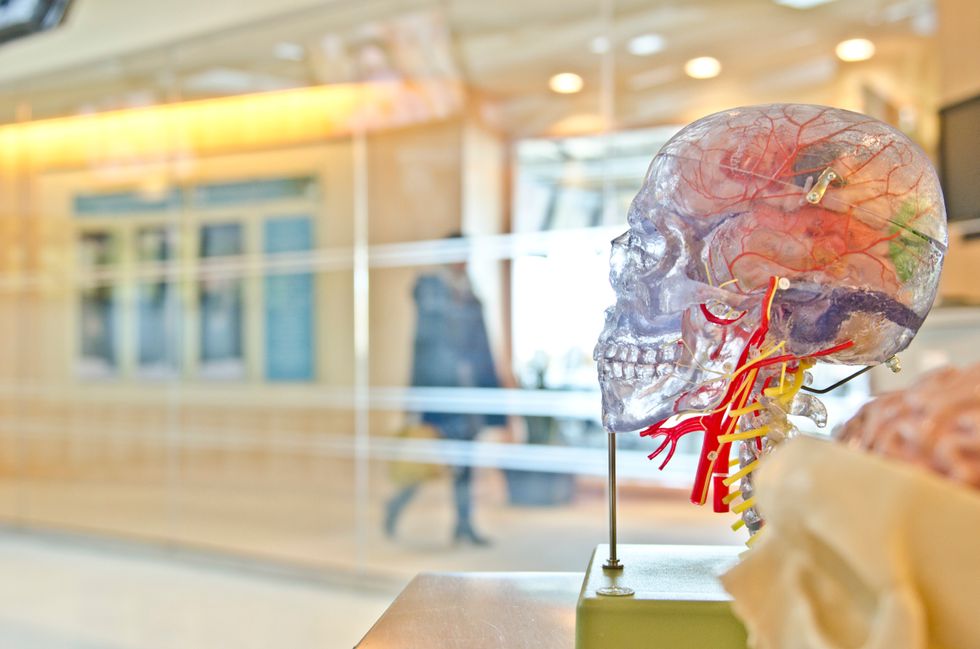I have never heard of a student who did not complain about at least one of the general education classes all students are required to take. Whether it is history, math, English, or science, everyone has a subject that they hate.
I have heard engineering majors complaining about taking a writing course, computer programming majors complaining about taking communication classes, and English majors complaining about taking biology. Students always gripe about these general education classes, but here are six reasons why general education courses are incredibly important to a college education.
1. Makes you well rounded
It is important to have a wealth of information so you are able to contribute to society. Voting, raising children and taking care of your body all require information. For example, it is helpful to know about history and economics when voting on policy.
2. Helps you be more successful in your field
Different professions borrow information from many different disciplines. It makes you better at your job if you have supplemental information. For instance, a student who wants to be a professional therapist specializing in eating disorders will be more equipped for the job if he or she knows about nutrition. So a mandatory health general education course will benefit the student.
3. Helps you decide on a career
You may take a class that you absolutely love and end up changing your major. If you weren’t required to take the class, then you would not have ever known. Conversely, you may take classes that you hate, and this reaffirms your choice of major. This can potentially remove doubt from your mind.
4. You meet people outside your major
Often, especially at small schools, you will have a lot of the same people in your major classes. This is good for building long-lasting friendships, but it is also beneficial to meet new people. Many times, different majors will have different subcultures. Theater and dance classes have a different atmosphere than math classes. Experiencing these different class structures will enhance students’ social education.
5. You discover new aspects within your field of interest
An English major might be required to take a US history class. During the course of the class, the student might fall in love with how the government has evolved since it was founded. Due to this newfound love, the student might decide to minor in pre-law and attend a law school after college.
6. Make more neural connections
Studies have shown that the more connections you make between different areas of study and areas of life, the more interconnected your brain becomes. The neurons in your brain have tendrils called dendrites that grow closer together as you learn more information and practice more skills.
The closer your dendrites are, the faster your brain makes connections. Learning new information and making connections between classes helps your brain function faster.






















